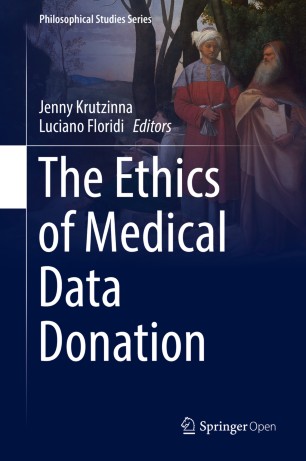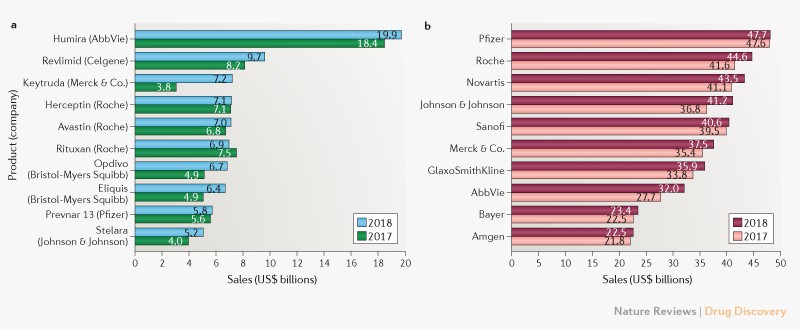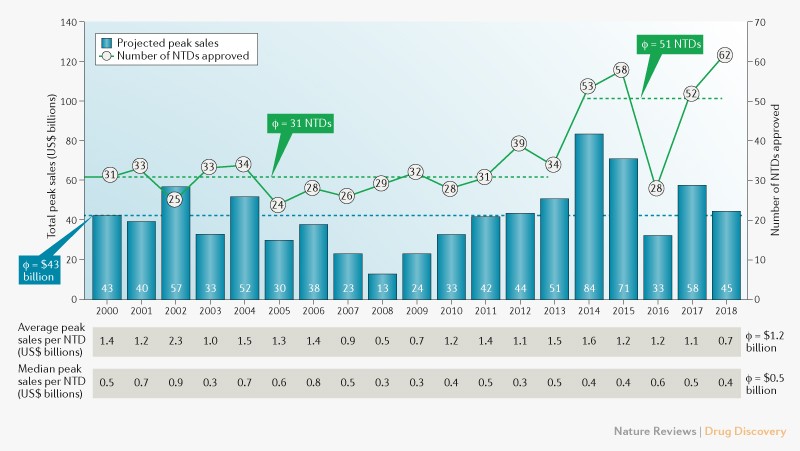Every other day we here about a new health app, and new digital advances in healthcare. Too often, any innovation is considered effective without any deep analysis. Now, NICE provides a guide for this specific issue.
The economic impact of a DHT can be assessed using an appropriate analysis of the economic information collected. The type of economic analysis done should be determined by the financial consequences of adopting and implementing the DHT from a payer or commissioner perspective. The appropriate level of economic analysis depends on the type of decision needed and likely financial commitment. To reflect the range of commissioning decisions associated with DHTs, we have proposed 3 levels of economic analysis (see table 8).
Many DHTs will start at a basic economic analysis level but, with additional information and data about the technology and its comparators, a more robust economic analysis can be undertaken. The higher levels of economic analysis needed depends on the financial commitment required including, for example, the level of upfront investment, the likelihood of opportunity costs and the certainty of the realisation of the benefits.






